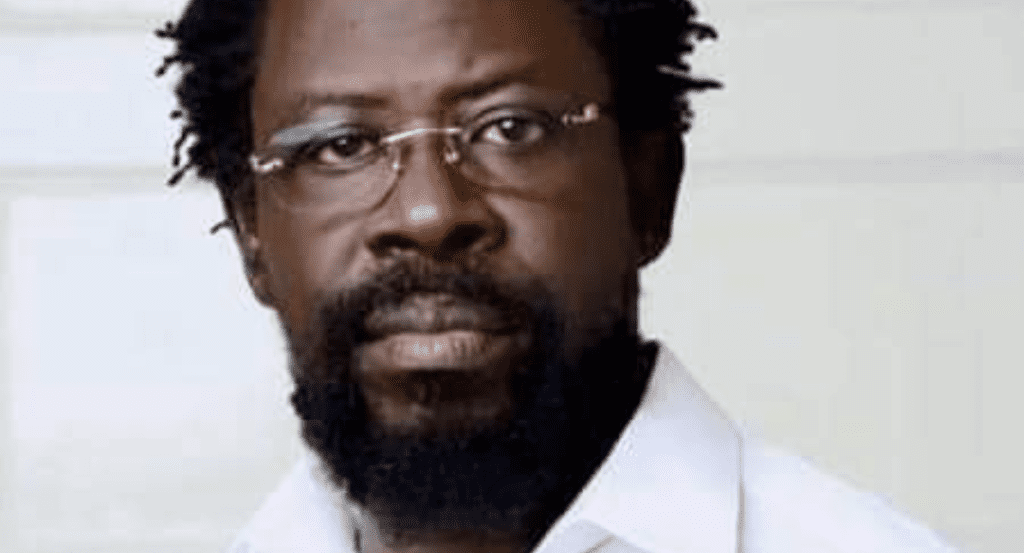Dele Farotimi, a prominent human rights lawyer and activist, has been remanded in prison by a Nigerian court following charges filed against him. The court postponed Farotimi’s bail hearing, sparking criticism from his supporters, political figures, and human rights organizations.
Farotimi’s detention follows a petition from renowned legal scholar Afe Babalola, accusing him of defamation and other alleged misconduct. The specifics of the charges remain contested, with Farotimi maintaining his innocence. His legal team has called the remand unwarranted, emphasizing that bail applications are typically expedited in such cases.
The Committee for the Defence of Human Rights (CDHR) and the Civil Rights and Restoration Advocacy Network (CRRAN) have decried the court’s decision, labeling it unconstitutional. In a public statement, CRRAN argued that the remand order infringes on Farotimi’s rights, given his role as a legal practitioner with a strong reputation for advocacy and justice.
Former Vice President Atiku Abubakar and the socio-political group Afenifere have also criticized the police and judiciary for their handling of the case. Atiku described Farotimi’s remand as a worrying sign of diminishing respect for human rights and due process. Similarly, Afenifere called for an impartial review of the charges, highlighting concerns about judicial bias.
Farotimi’s supporters view his remand as an attempt to silence dissenting voices in Nigeria. As an outspoken critic of corruption and poor governance, he has frequently clashed with powerful interests. Analysts speculate that his detention may be politically motivated, aiming to curb his influence and activism.
Meanwhile, Farotimi’s legal team has confirmed plans to challenge the court’s decision at the next bail hearing. They remain optimistic about securing his release and reaffirming his commitment to justice.
The case has ignited discussions about judicial independence and the protection of human rights in Nigeria. Many observers argue that the outcome of Farotimi’s trial will set a precedent for how activist lawyers are treated in the country.
As the legal battle unfolds, public attention remains focused on the implications of the case for Nigeria’s legal and political systems.



















